Graham Reid | | 4 min read
We Thought We Could Fly (2024)
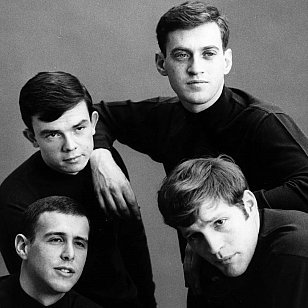
Some weeks ago, on a list of forthcoming album releases, a band named the Cyrkle appeared. I joked with a friend about it, sending him a clip of the buttoned-down American band of the Beat Era of the same name and saying it couldn't be these guys. Surely not?
Cyrkle were one of those short-lived pop bands who had a couple of hits and disappeared. They were in there with Gary Lewis and the Playboys, Dino Desi and Billy, the Left Banke and many others who were gone at about the same time as they arrived.
Funny thing about Cyrkle though: legend has it that John Lennon suggested the name (because he thought they were square?).
There was actually a fairly strong Beatle connection: the group from Pennsylvania were originally called the Rhondells – a very early Sixties name – and they were managed remotely by Brian Epstein who'd had them brought to his attention by his US associate Nat Weiss.
Lennon apparently suggested the unique spelling of their new name.
They were one of the acts that opened for the Beatles on their US tour in 1966 and were there at the band's final concert at Candlestick Park, San Francisco in August.
They had two acceptable hits, both of them written by others.
Their biggest was Red Rubber Ball, a catchy slice of folk-pop co-written by Paul Simon and the Seekers' Bruce Woodley. It's a bright pop tune with a vengeful lyric if you care to take it in and became the title track of their debut album.
Red Rubber Ball
Their only other chart action came through their subsequent single Turn-Down Day, written by one-hit wonder Jerry Keller – for Here Comes Summer in '59 – and David Blume.
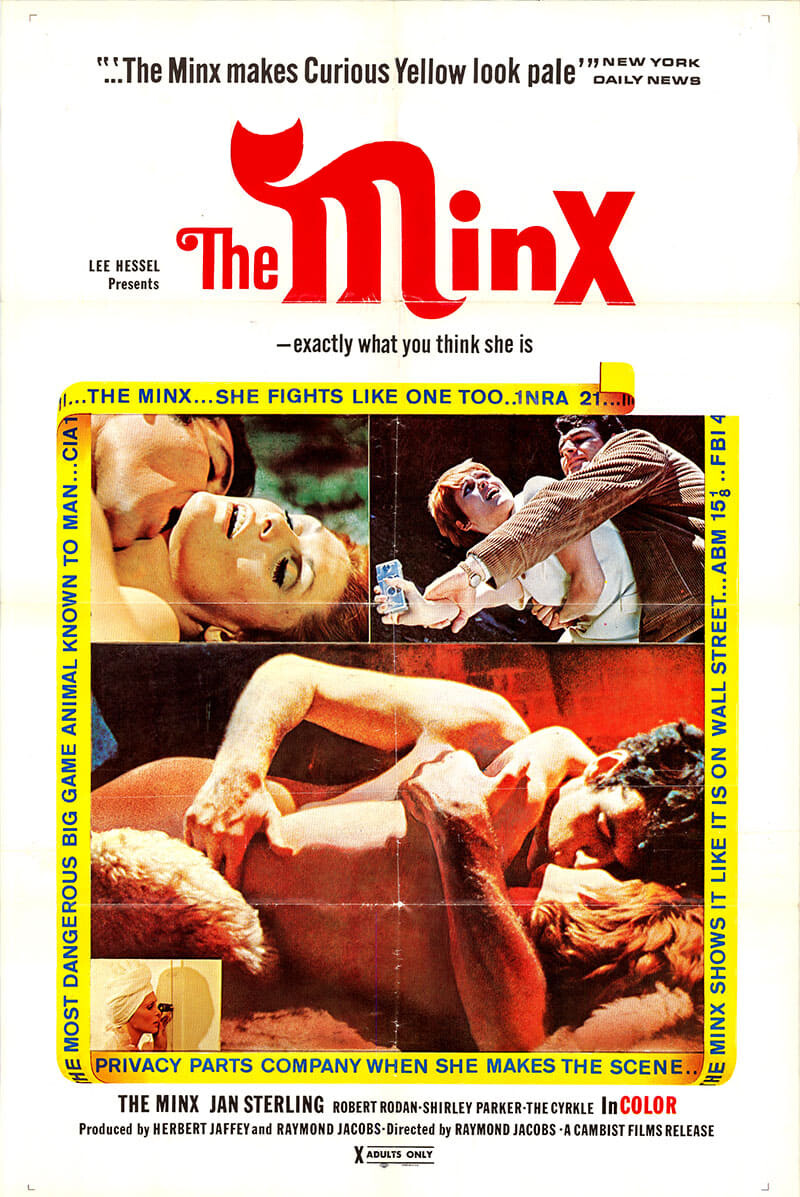 It tells you a lot about the song that it was also covered by Bobby Vee, Australian pop star Normie Rowe, Dino Desi and Billy, Gary Lewis and the Playboys and Steve and Eydie (Steve Lawrence and Eydie Gorme).
It tells you a lot about the song that it was also covered by Bobby Vee, Australian pop star Normie Rowe, Dino Desi and Billy, Gary Lewis and the Playboys and Steve and Eydie (Steve Lawrence and Eydie Gorme).
It was mainstream as it was possible to be.
Well, that was that Cyrkle, a short-lived band from the Sixties who broke up in '68 . . . although they provided the soundtrack to the no-budget, B-grade '69 sex film The Minx and apparently appeared as themselves in it.
But let's turn down attention to the 21st century Cyrkle and ask who they were.
My friend broke the news.
It was the very same Cyrkle (with only one original member, of course).
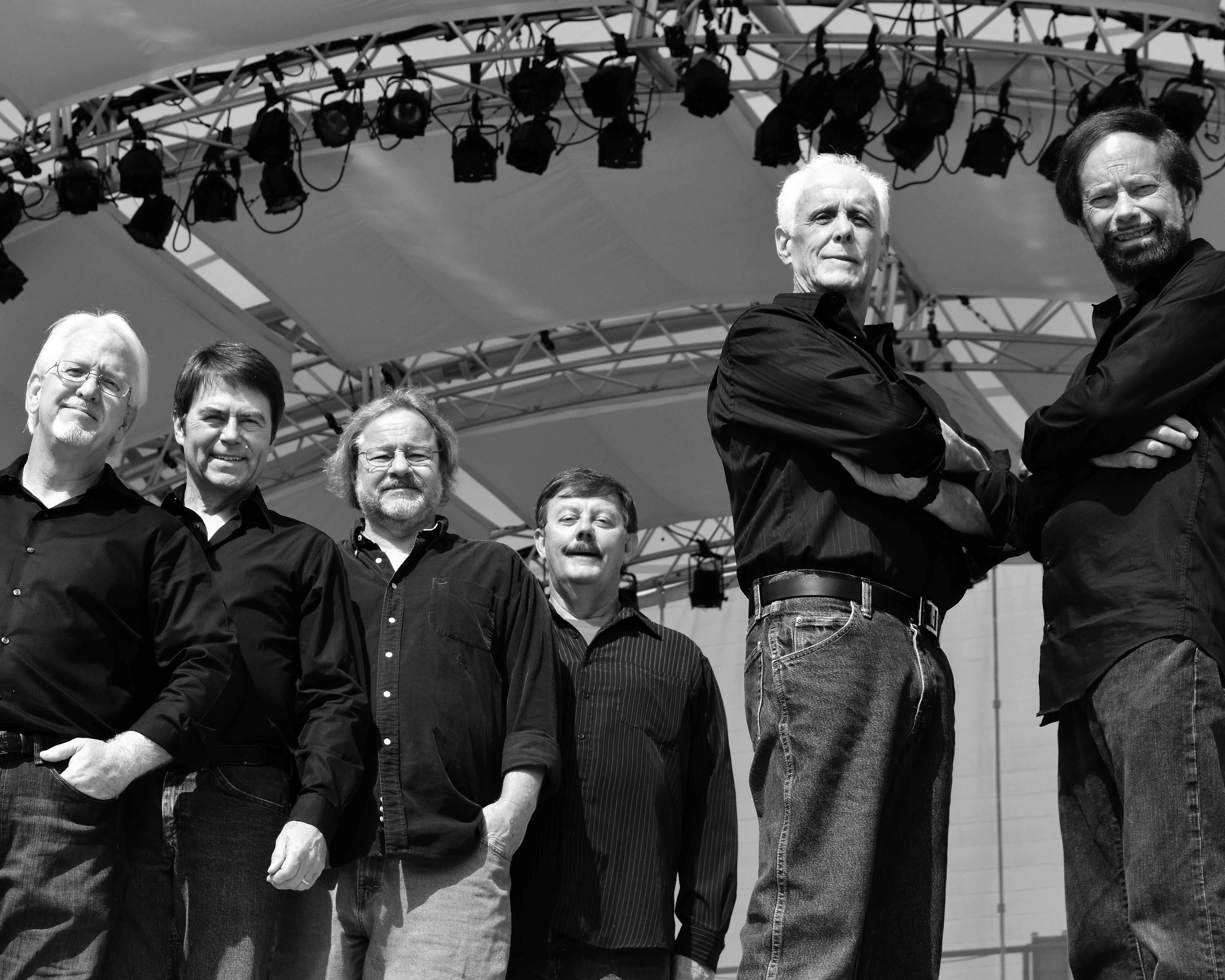 Apparently a few years back a retro-revivalist band called Gas Pump Jockeys started including the two Cyrkle hits in their set and so the idea was sprung to get the original members into the act.
Apparently a few years back a retro-revivalist band called Gas Pump Jockeys started including the two Cyrkle hits in their set and so the idea was sprung to get the original members into the act.
Singer-guitarist Michael Losekamp (who'd been the later keyboard player in Cyrkle) got in touch with original Cyrkle members – who saw no future in it or were dead – but singer and successful jingle writer Don Dannemann was up for it so . . .
They recorded a live album (Full Cyrkle, naturally) and now we have another album: Revival.
These days those upbeat mid-Sixties songs by the likes of the Cyrkle and others is billed as Sunshine Pop . . . and despite their advanced years, that is what this Cyrkle make.
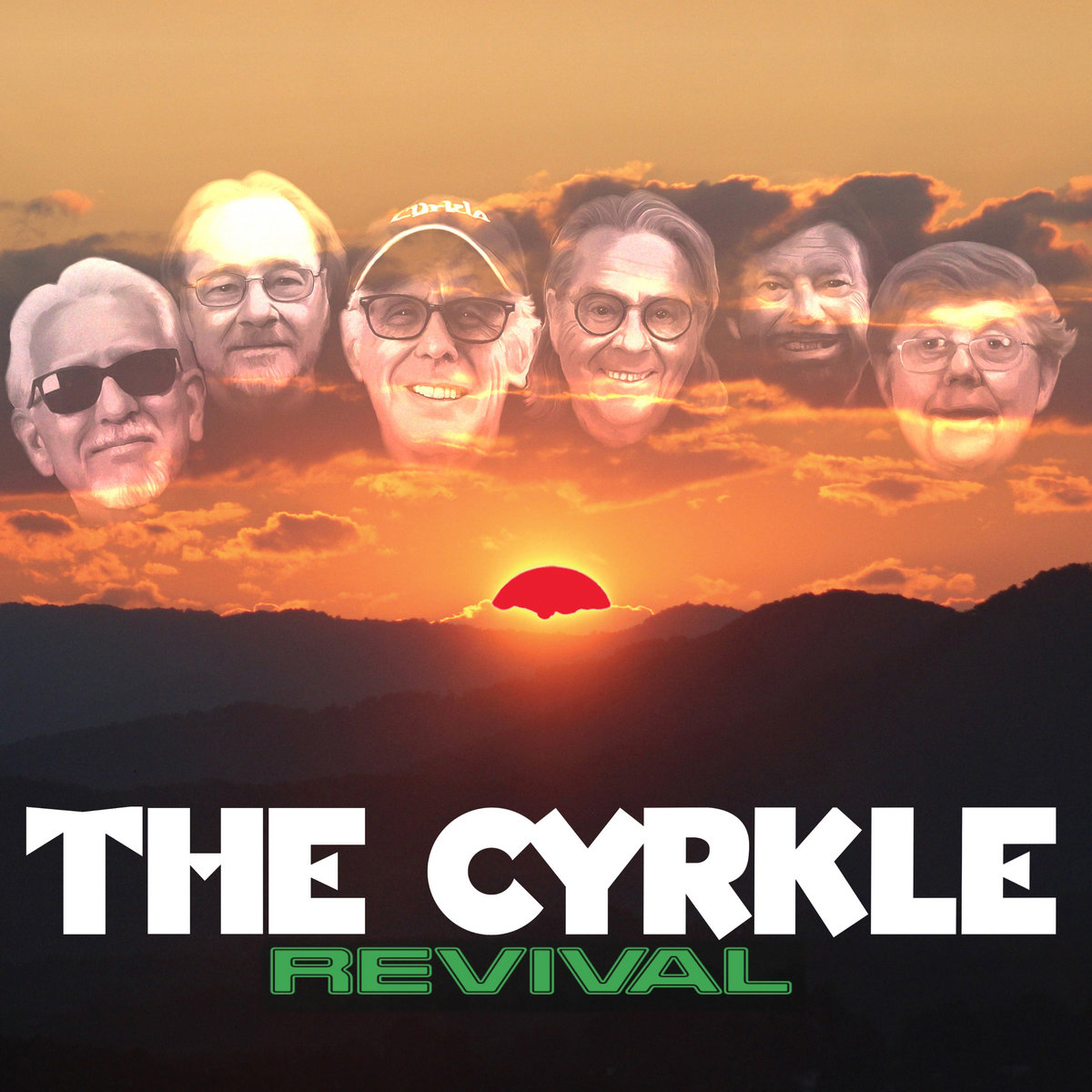 It's all lightweight (mostly) original pop but catchy and full of harmonies: Center of the World (“is San Diego, that's where the girl is I love most”) is about a long distance chat-room romance while “stuck on the other coast” in the age of Zoom and We Can Find It is like an energetic song by America.
It's all lightweight (mostly) original pop but catchy and full of harmonies: Center of the World (“is San Diego, that's where the girl is I love most”) is about a long distance chat-room romance while “stuck on the other coast” in the age of Zoom and We Can Find It is like an energetic song by America.
There is airy sunshine pop with a touch of baroque pop (He Can Fly which comes from the psychedelic Beach Boys period) and the inevitable autobiographical song in which they recount the changing times with the arrival of the Beatles sound in We Were There.
Well, if Ringo, Sir Paul, Graham Nash (with I Watched It All Come Down) and many others of that generation can record their reminiscences, then why not Cyrkle?
However as with some of Brian Wilson's lyrics which spoke of high school and teenage romance when he was well into his Fifties, some of this does sound odd when Cyrkle revive a bit of hot-rod surf-pop from the early Sixties for Goin' Steady With You, but perhaps that strikes a chord with their older audience still living the American Graffiti dream.
They address that crowd on It's Alright It's Okay ("everyone thinks you're past your prime . . . you still got plenty to say") and the spirit of Buddy Holly pop is the touchstone for a couple of songs.
And right at the end they cover Paul Simon's 59th Street Bridge Song (pretty well), Dannemann's psychedelic We Thought We Could Fly (also autobiographical, the best song here) and new versions of Turn-Down Day and Red Rubber Ball.
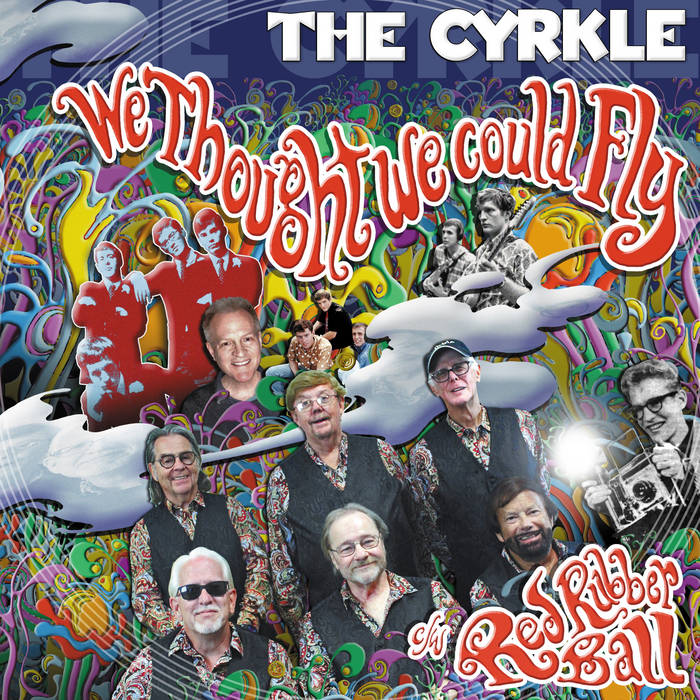 Hearing a band called the Cyrkle in the 21st century is a little odd.
Hearing a band called the Cyrkle in the 21st century is a little odd.
The last time they crossed our path was as a joke by the National Lampoon team on their album Goodbye Pop.
It's a brilliant parody of Seventies music and rock radio (by Christopher Guest aka Nigel Tufnel, among others). A guest on the station is "Ron Field" who comes in to push the newest sound, it is the Whalers. They sing whaling sea shanty songs.
Ron's credential are laid out: he's described as “manager of Cyrkle”.
The 21st century Cyrkle deserve someone better than Ron.
.
You can hear the Revival album at Spotify here

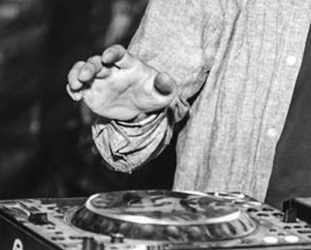
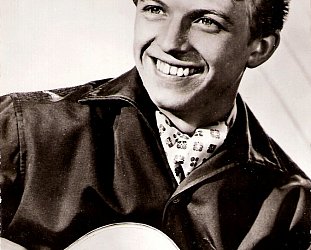
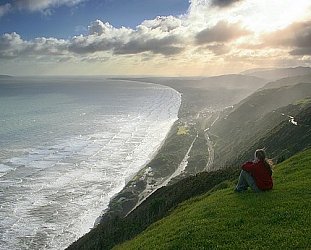
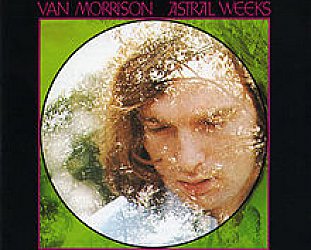
post a comment